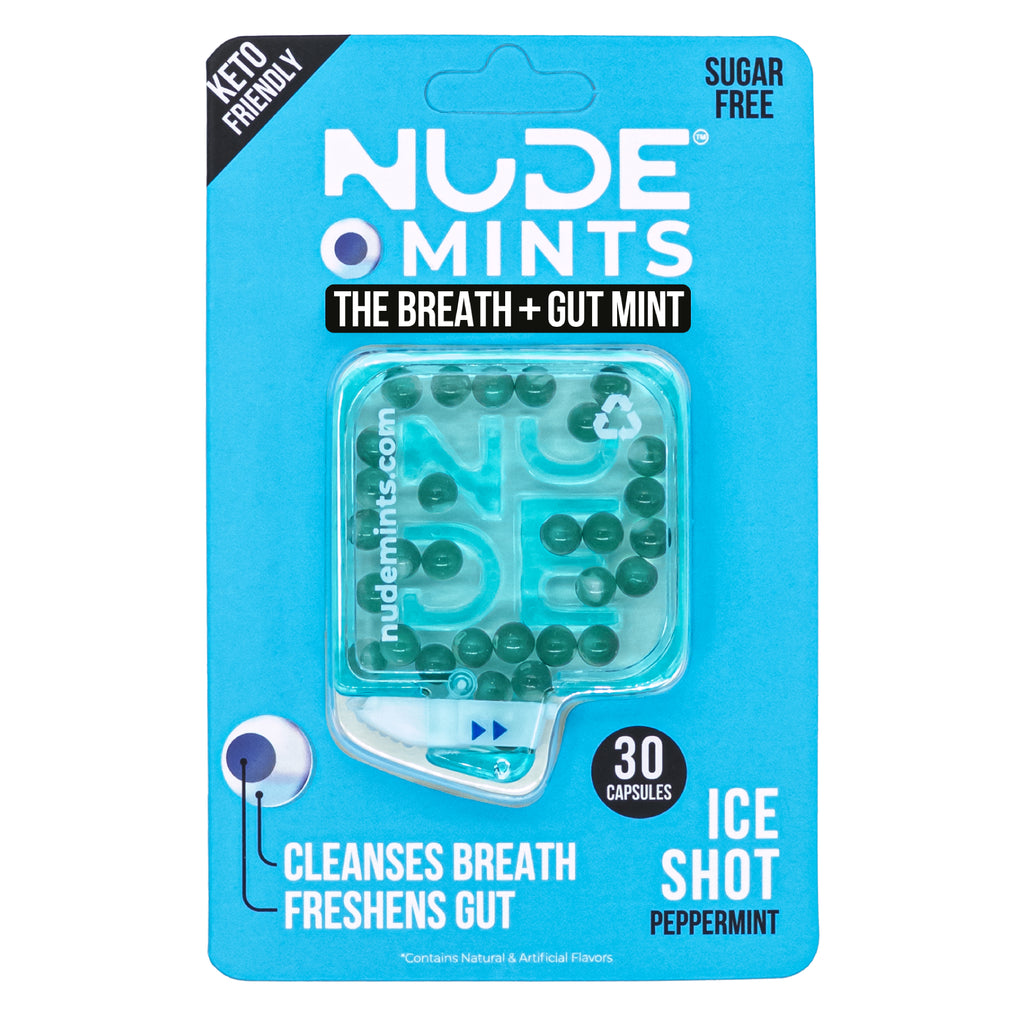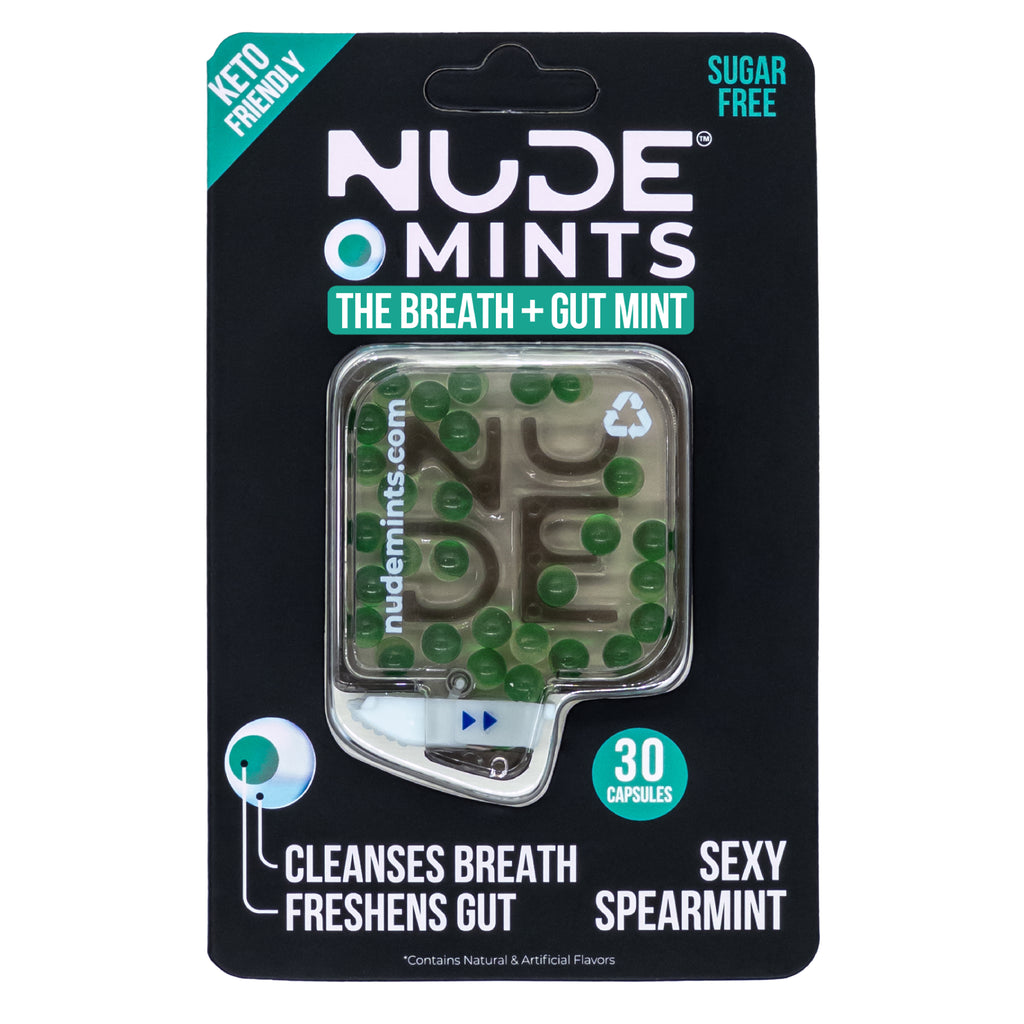Freshen Your Breath and Improve Gut Health with These Foods
-
Maintaining good oral hygiene is important not only for fresh breath but also for overall health. A healthy gut can also have a significant impact on oral health. In this article, we will discuss the foods that can help keep your gut healthy and improve your breath.
Probiotic-rich Foods
Probiotic-rich foods contain beneficial bacteria that can help promote a healthy gut microbiome. This can help reduce bad breath by keeping harmful bacteria in check. Foods that are high in probiotics include yogurt, kefir, sauerkraut, and kimchi. Including these foods in your diet can help improve your gut health and freshen your breath.

High-fiber Foods
Foods that are high in fiber can also help keep your gut healthy. Fiber helps promote the growth of beneficial bacteria in the gut, which can help improve digestion and reduce bad breath. Some high-fiber foods include fruits, vegetables, legumes, and whole grains. Including these foods in your diet can help keep your gut healthy and your breath fresh.
Green Tea
Green tea is not only a refreshing beverage but also has many health benefits. It contains compounds called catechins, which have anti-inflammatory properties and can help reduce bad breath. Drinking green tea regularly can help keep your gut healthy and freshen your breath.
Water
Drinking plenty of water is essential for good health. It can help flush out toxins from the body and keep your gut and mouth hydrated. A dry mouth can lead to bad breath, so staying hydrated is important for fresh breath. Aim to drink at least 8 glasses of water per day to keep your gut healthy and your breath fresh.
Omega-3 Fatty Acids
Omega-3 fatty acids have anti-inflammatory properties and can help reduce bad breath. Foods that are high in omega-3s include fatty fish like salmon and sardines, walnuts, and chia seeds. Including these foods in your diet can help keep your gut healthy and your breath fresh.
Vitamin C-rich Foods
Vitamin C is an antioxidant that can help protect against gum disease and promote healthy gums. Foods that are high in vitamin C include oranges, grapefruits, strawberries, and kiwi fruit. Including these foods in your diet can help keep your gums healthy and your breath fresh.
Herbs and Spices
Certain herbs and spices can help freshen your breath and promote good gut health. Some of these include mint, parsley, cinnamon, and ginger. Including these herbs and spices in your diet can help keep your gut healthy and your breath fresh.
Conclusion
Incorporating the right foods into your diet can have a big impact on both gut health and fresh breath. By prioritizing probiotic-rich foods, high-fiber foods, green tea, omega-3 fatty acids, vitamin C-rich foods, and herbs and spices, you can maintain a healthy gut microbiome and improve your overall well-being. To take it a step further, consider incorporating Nude Mints into your daily routine for an added breath-freshening boost. With these simple changes, you can enjoy better oral health and fresh breath with ease.
Take your fresh breath game to the next level with Nude Mints. Try them today and experience the added freshness and benefits of peppermint. Don't settle for ordinary mints, upgrade to Nude Mints now!
Get the freshest news on your favorite mouth cleanser and gut freshener!
Read More
-
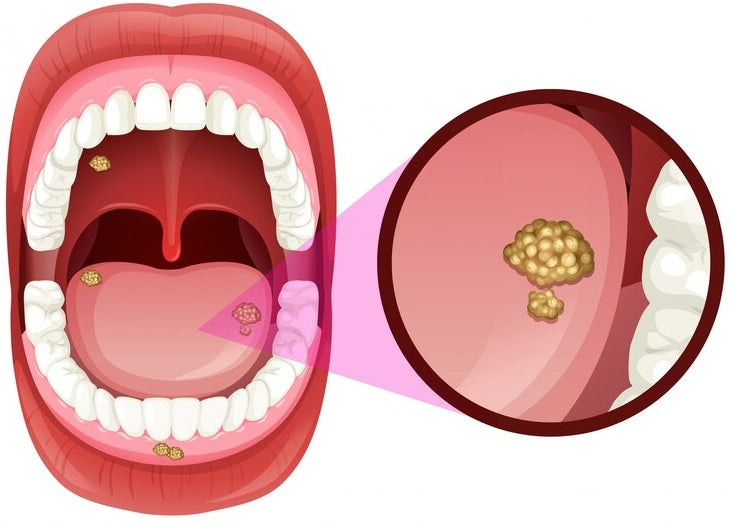
Halitosis: Understanding the Causes, Diagnosis, and Treatment for Fresh Breath
Halitosis, commonly known as bad breath, is a condition that affects a large number of people worldwide. It can be an embarrassing and isolating experience, but it is important to know that it is a common problem and that there are effective treatments available. In this article, we will discuss the causes, diagnosis, and treatment of halitosis. Causes of Halitosis Halitosis can have several causes, both internal and external. The most common causes include poor oral hygiene, dry mouth, certain foods and drinks, smoking, and certain medical conditions. Poor Oral Hygiene Poor oral hygiene is the most common cause of halitosis. When food particles and bacteria build up in the mouth, they can cause an unpleasant odor. Brushing and flossing...
-
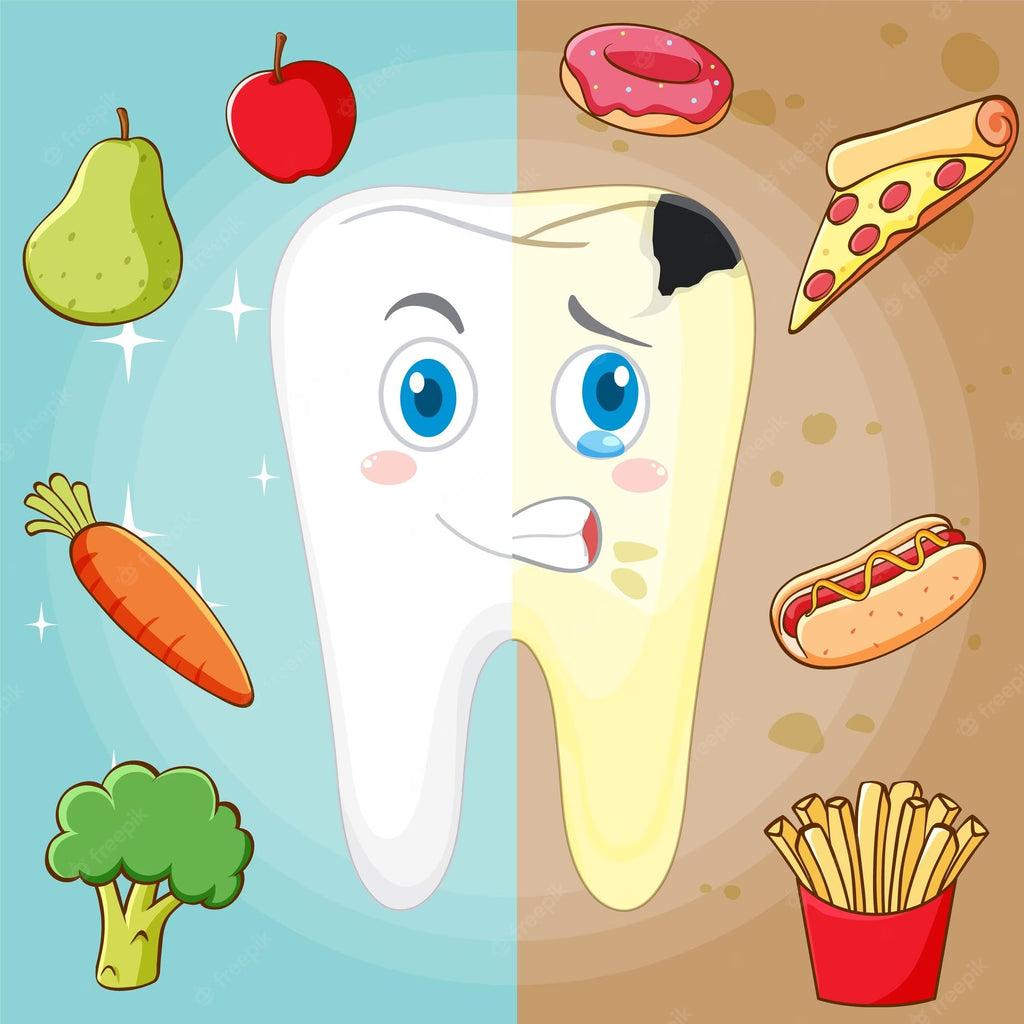
Crucial Connection Between Nutrition and Oral Health: Guide for Better Dental Care
As a dental health professional, we understand the importance of maintaining good oral hygiene to prevent cavities and gum disease. Brushing twice a day and flossing daily are essential habits, but did you know that nutrition also plays a crucial role in keeping your mouth healthy? In this article, we will explore the connection between nutrition and oral health and how you can make better food choices to support your dental health. How Nutrition Affects Oral Health Your diet can impact your oral health in many ways. A diet high in sugary and acidic foods can increase the risk of tooth decay and gum disease. When you eat sugary foods, the bacteria in your mouth feed on the sugar and...
-
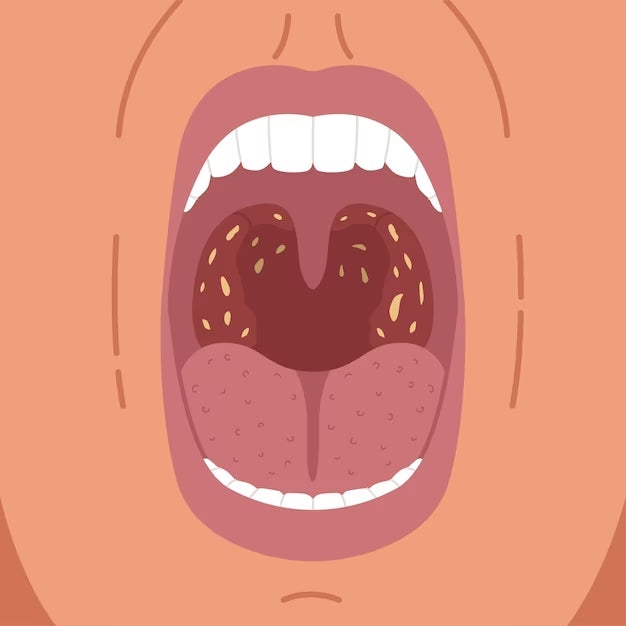
How to Treat Bad Breath Caused by Dry Mouth
Do you ever feel self-conscious about your breath? Do people avoid talking to you because of bad breath? Dry mouth, also known as xerostomia, can cause bad breath and make social interactions uncomfortable. In this article, we will discuss what causes dry mouth, how it leads to bad breath, and what you can do to treat it. Table of Contents What is dry mouth? Causes of dry mouth How dry mouth causes bad breath Signs and symptoms of dry mouth Diagnosis of dry mouth Treating dry mouth Home remedies for dry mouth Professional treatments for dry mouth Tips for maintaining oral hygiene Foods and drinks to avoid with dry mouth Conclusion FAQs What is dry mouth? Dry mouth occurs when...
-
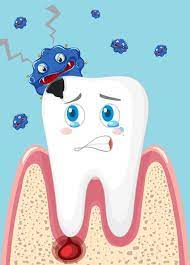
The Relationship Between Diabetes and Gum Disease: Understanding the Link
Diabetes and gum disease are two conditions that may seem unrelated, but research has shown that they are actually closely linked. In fact, individuals with diabetes are more likely to develop gum disease, and those with gum disease are more likely to have difficulty controlling their blood sugar levels. This article will explore the connection between diabetes and gum disease, and provide insights on how you can reduce your risk of developing both. The Relationship Between Diabetes and Gum Disease Diabetes is a condition that affects the body's ability to produce or respond to insulin, a hormone that regulates blood sugar levels. When blood sugar levels are consistently high, it can lead to a range of health complications, including nerve...

